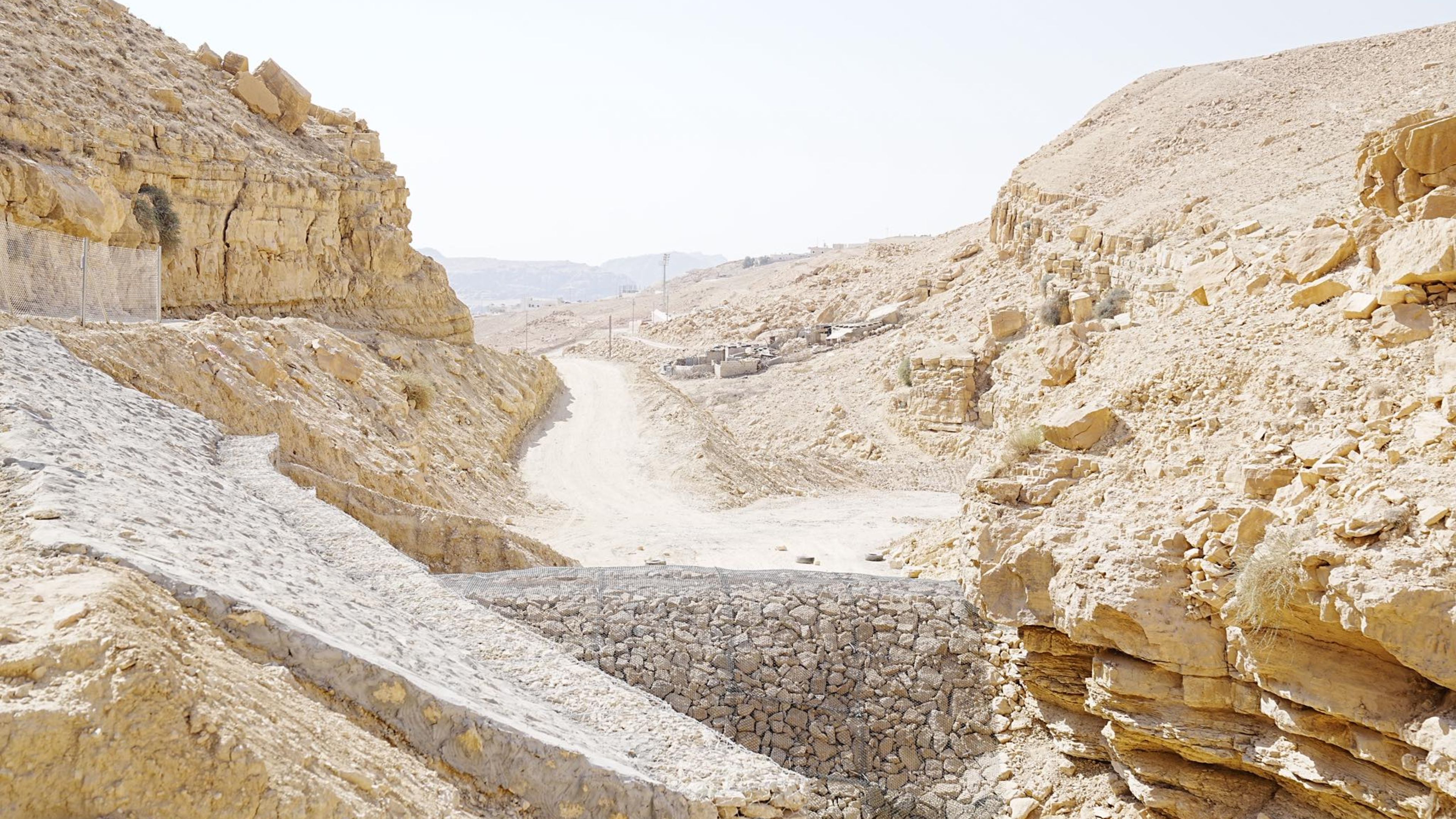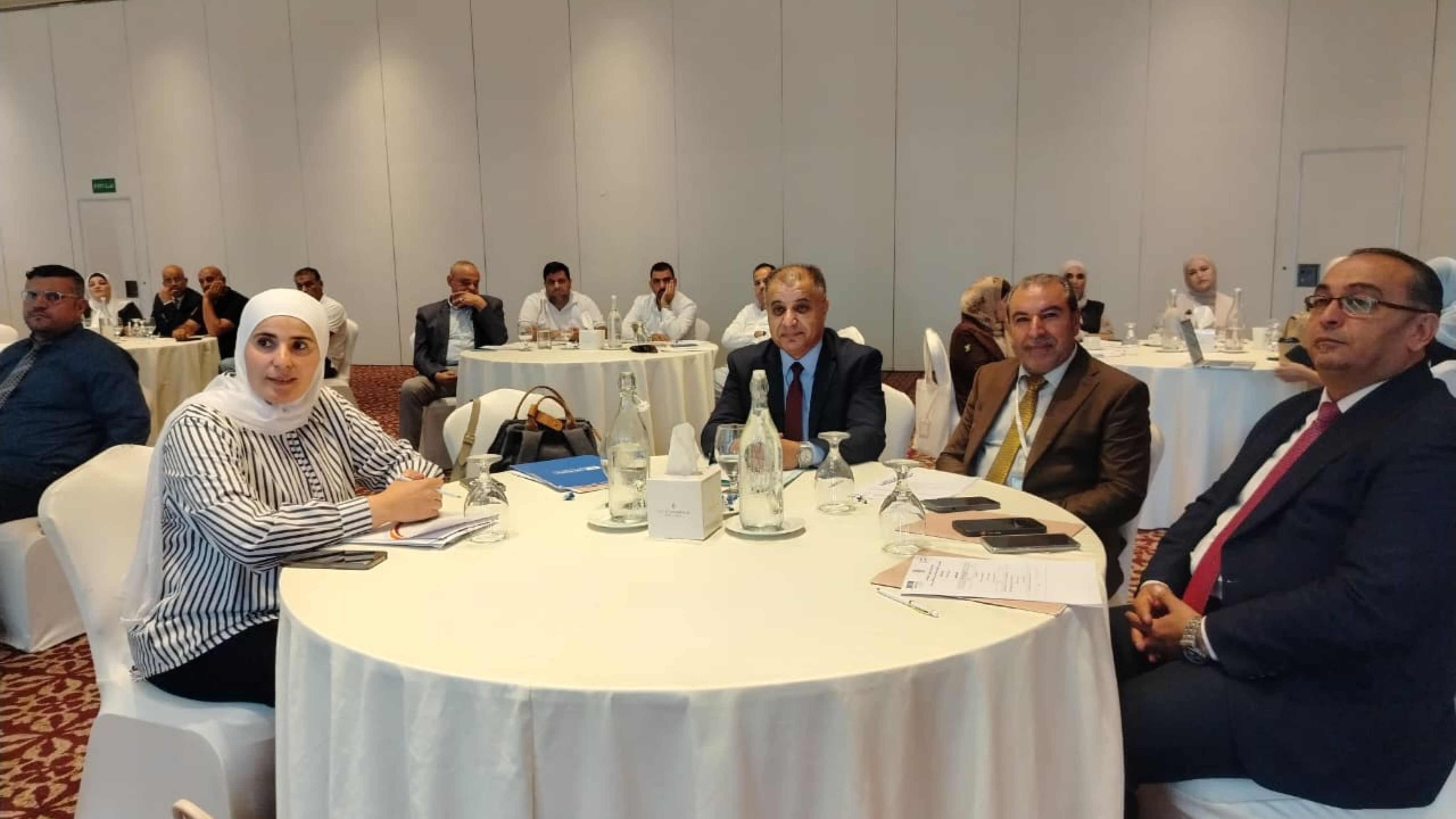Officials inspect Jordan-FAO water pilot project
10/11/2025 | 16:11:41
Jerash, Nov. 10 (Petra) – The Jordan Valley Authority (JVA), in cooperation with the United Nations Food and Agriculture Organization (FAO), organized a visit on Monday to the King Talal Dam for a first-hand look at a pilot project for a water-cooled floating solar system to enhance energy efficiency and reduce water loss.
The project is implemented in partnership with FAO under a national vision to enhance energy efficiency, water sustainability, and the green transition, in line with Jordan’s sustainable development goals.
Embassy representatives and officials from partner ministries, research institutions, and local communities observed the system’s performance and innovative technologies used.
The project is to improve energy efficiency in water and agricultural projects, reduce carbon emissions, and support research in renewable energy, said JVA Secretary-General Hesham Hesa.
He added that it reflects the authority’s commitment to sustainable solutions, international partnerships, and wider adoption of renewable energy, in line with JVA’s 2024–2026 strategy.
Agriculture Ministry Secretary-General Mohammad Al-Hayari said the project backs up the ministry’s efforts to expand clean energy use in irrigation and agricultural production.
FAO Assistant Director-General and Regional Representative for Near East and North Africa AbdulHakim Elwaer called the project "a productive collaboration" between national institutions and international organizations to manage energy and water efficiently and ensure food and water security.
FAO Jordan Representative Nabil Assaf said the water system offers a dual benefit through increasing energy production and reducing water loss as a practical example of climate adaptation technology in Jordan.
National Center for Agricultural Research (NARC) Director General, Ibrahim Rawashdeh, highlighted the center’s focus on smart agriculture through specialized scientific research funding.
Project Manager Nidal Shnynat detailed the system’s technical aspects, including how the solar panels reduce evaporation while increasing electricity generation efficiency through water cooling.
The floating system, part of JVA’s green transition efforts, addresses electricity costs, which represent about 20 % of total operating expenses, by using water surfaces for clean energy generation and improving operational efficiency.
The panels float on the dam, cooled by surrounding water, boosting efficiency by 5–15 % compared with ground-mounted panels and reducing water evaporation by up to 90 %.
Since August 2025, the system has generated over 730 kWh to operate JVA facilities.
//Petra// NQ

























